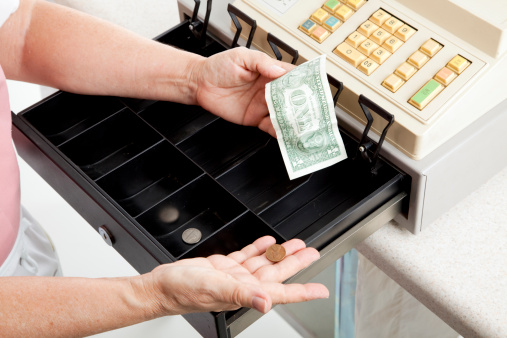Companies and Brands
Higher Tax Rates Destroy Personal Income and Savings (but Not Spending -- Yet) in January
Published:
Personal income tanked in the month of January while spending maintained a narrow 0.2% gain. Today’s report from the Commerce Department showed that income was down b a whopping 3.6% as higher tax rates kicked in. Dow Jones was calling for a drop of 2.5% in income and Bloomberg was calling for a drop of only 2.1%. This was the largest one-month drop that most workers have seen in their careers.
What lies ahead is the key question. Consumers may continue to dribble off on their spending, and the income drop should start to normalize in the months ahead. The dilemma is that if spending remains higher when take-home pay is lower, then that means you can kiss any broad savings goodbye. As proof, the personal savings rate fell to 2.4% in January from 6.4% in December.
If you consider the PCE inflation component, spending would have been up only 0.1% in January. We already have seen large retail outfits confirm and warn that lower take-home pay is starting to be felt, and the delay in tax refunds is being felt as well.
Keep in mind that January was just the first month of the payroll tax. It is going to take several months for this normalize before we know the real level of income, spending and savings. All politics aside, increasing taxes too much will have a negative impact somewhere.
The average American spends $17,274 on debit cards a year, and it’s a HUGE mistake. First, debit cards don’t have the same fraud protections as credit cards. Once your money is gone, it’s gone. But more importantly you can actually get something back from this spending every time you swipe.
Issuers are handing out wild bonuses right now. With some you can earn up to 5% back on every purchase. That’s like getting a 5% discount on everything you buy!
Our top pick is kind of hard to imagine. Not only does it pay up to 5% back, it also includes a $200 cash back reward in the first six months, a 0% intro APR, and…. $0 annual fee. It’s quite literally free money for any one that uses a card regularly. Click here to learn more!
Flywheel Publishing has partnered with CardRatings to provide coverage of credit card products. Flywheel Publishing and CardRatings may receive a commission from card issuers.
Thank you for reading! Have some feedback for us?
Contact the 24/7 Wall St. editorial team.